
A delegate from the Federation of Nepalese Chambers of Commerce and Industry displays a bowl made in Nepal at the 19th China (Shenzhen) International Cultural Industries Fair in Shenzhen, Guangdong province, on Wednesday. (WILLIAM XU/CHINA DAILY)
Visitors from 108 countries and regions, along with thousands of delegations from China and the rest of the world, gathered in Shenzhen, Guangdong province, on Wednesday for the opening of China's largest cultural exhibition.
The 19th China (Shenzhen) International Cultural Industries Fair, which will run through Sunday, has attracted nearly 3,600 government delegations, cultural institutions and enterprises, including over 300 overseas exhibitors from 50 countries and regions, to showcase their cultural products and seek business opportunities.
Over 20,000 visitors from 108 countries and regions have registered for the event, according to the fair's organizer. The numbers of overseas exhibitors and visitors have returned to pre-COVID levels, the organizer said.
The five-day fair covers 120,000 square meters at the Shenzhen World Exhibition and Convention Center, the event's main offline venue. There are also 65 branch venues across the city.
The organizer has set up six exhibition halls featuring digital culture, cultural development of the Guangdong-Hong Kong-Macao Greater Bay Area, cultural and tourism consumption, and intangible cultural heritage.
A total of 100,000 types of cultural products, such as books, costumes and handicrafts, and 40,000 cultural development projects will be showcased at the fair.
The digital culture exhibition hall focuses on cultural enterprises' digitalization with 5G, big data, cloud computing, artificial intelligence and other technological applications. The fair also has a special area to showcase China's cultural innovation achievements in the era of artificial intelligence.
Many Chinese provinces, regions and cities have set up booths and pavilions at the event, such as Sichuan and Gansu provinces, the city of Urumqi in the Xinjiang Uygur autonomous region, and the Hong Kong and Macao special administrative regions.
After being held online amid the COVID-19 pandemic, the pavilion for countries participating in the Belt and Road Initiative is offline again at this year's fair. Countries including Iran and Nepal have set up booths and sent representatives to Shenzhen to introduce their cultural products, while the European Pavilion for Creativity and Culture highlights the cultural cooperation between China and European countries.
Fan Zhen, associate director of Bonjour Brand, a Paris-based cultural company, said she was invited to the ICIF for the first time this year. The major business of Fan's company is to bring French designers' works to China for production.
She said the ICIF is a good platform for companies' international communication, which she thinks is critical in helping Chinese cultural enterprises to go global.
This year, the ICIF has also launched an online platform, called "cloud ICIF", that enables people who cannot attend in person to display products, conduct transactions and appreciate the beauty of other cultures.
A visitor surnamed Su said that she has noticed that many products at the fair have incorporated traditional Chinese cultural elements into their designs. She believes it is a good trend and hopes the fair will be a good platform for designers and customers to know the beauty of traditional Chinese culture.
Initiated by the central government, the ICIF was established in 2004 with the mission of demonstrating the latest achievements in China's cultural sector. The event has been held in Shenzhen annually since then. In 2020, the ICIF switched online due to COVID-19. It was held offline again in 2021, but the online fair was kept to further expand the event's influence.








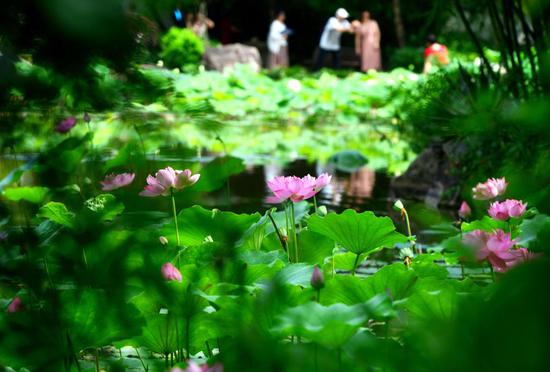
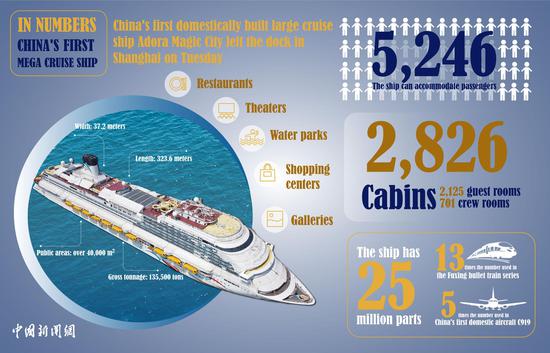

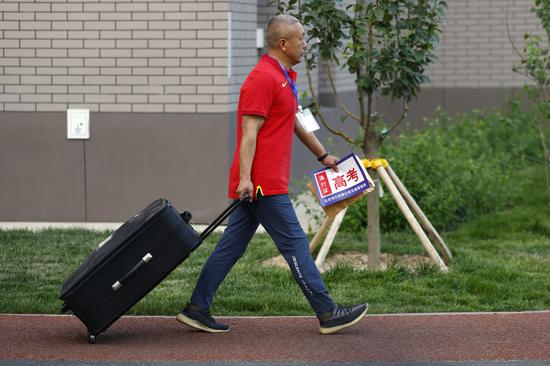


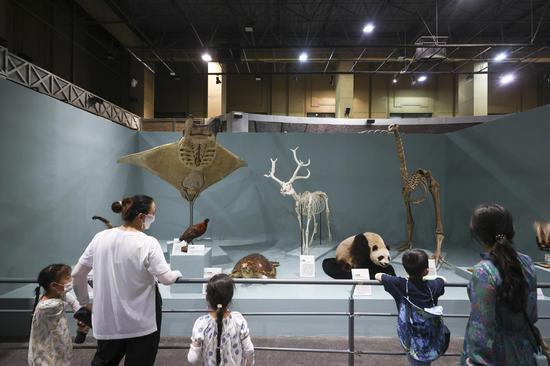
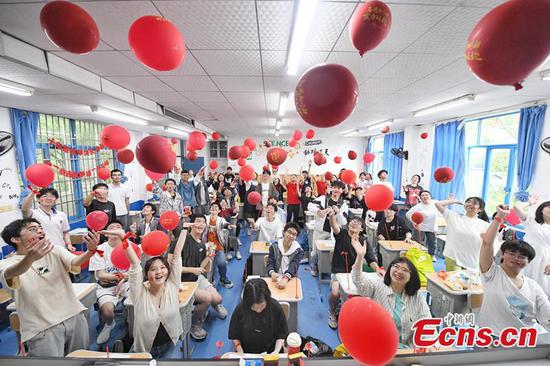

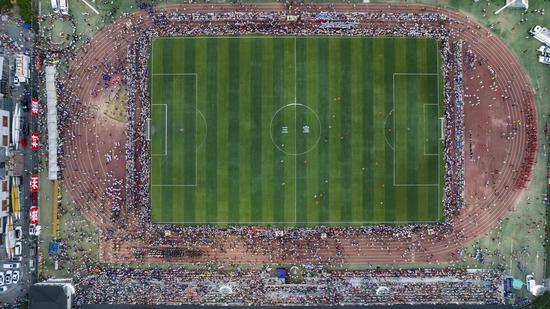
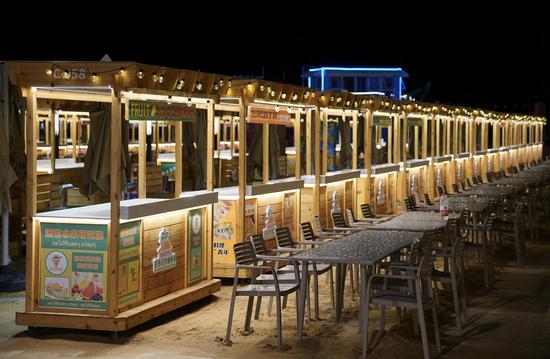
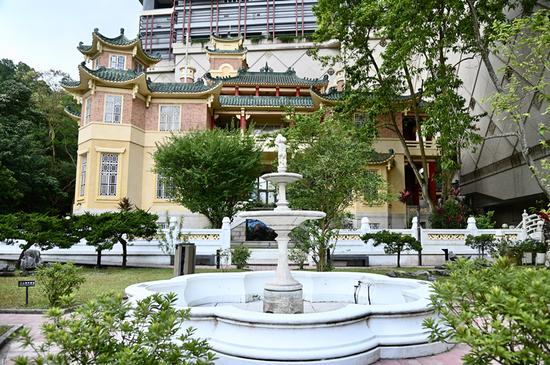

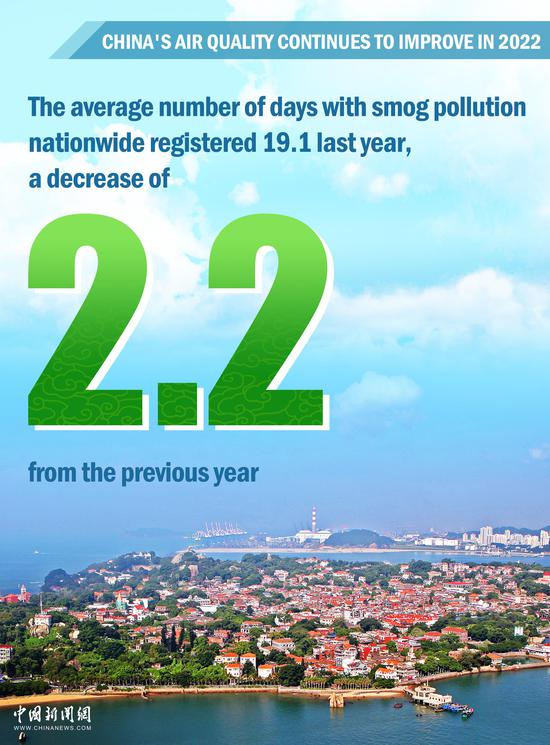

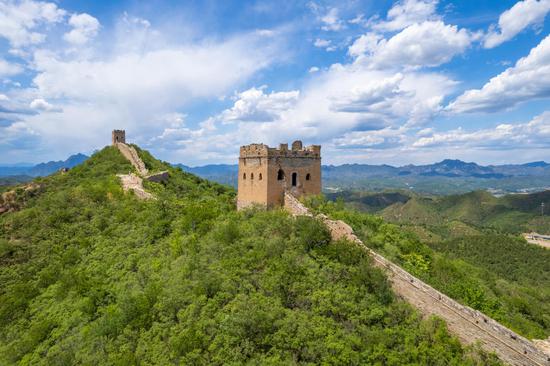

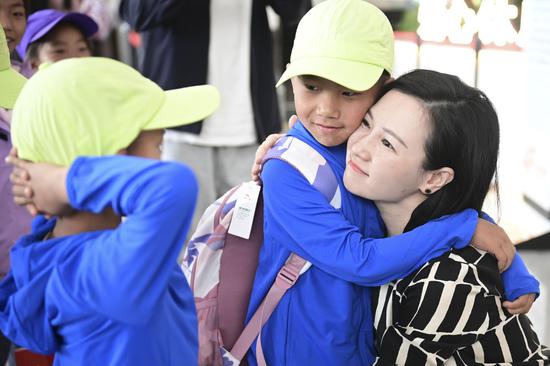
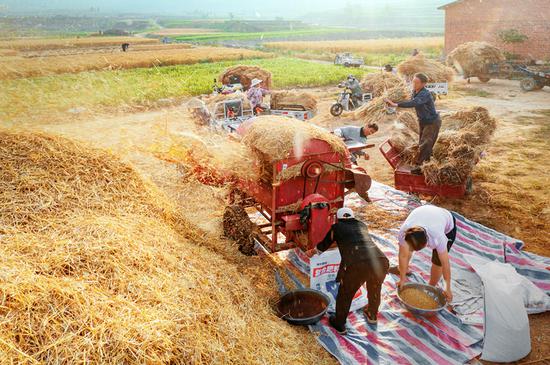
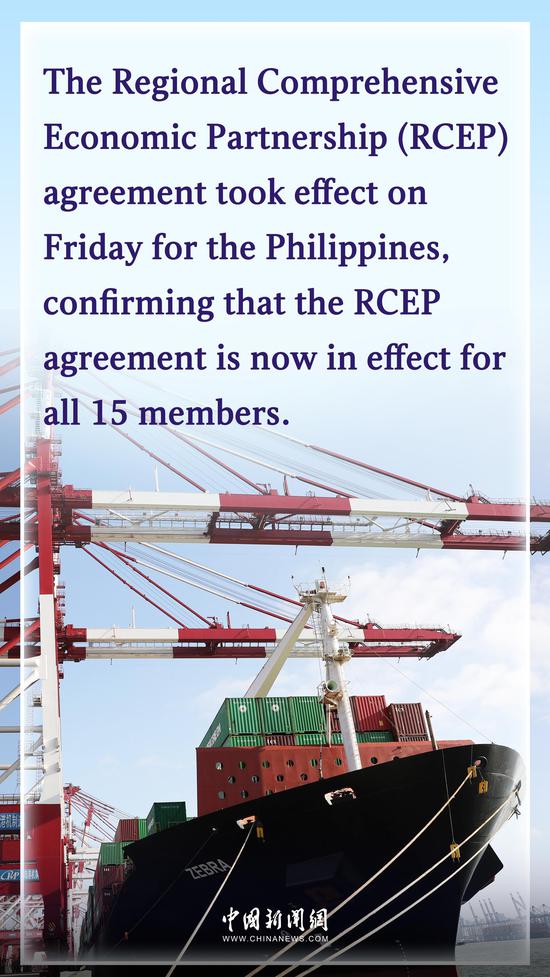
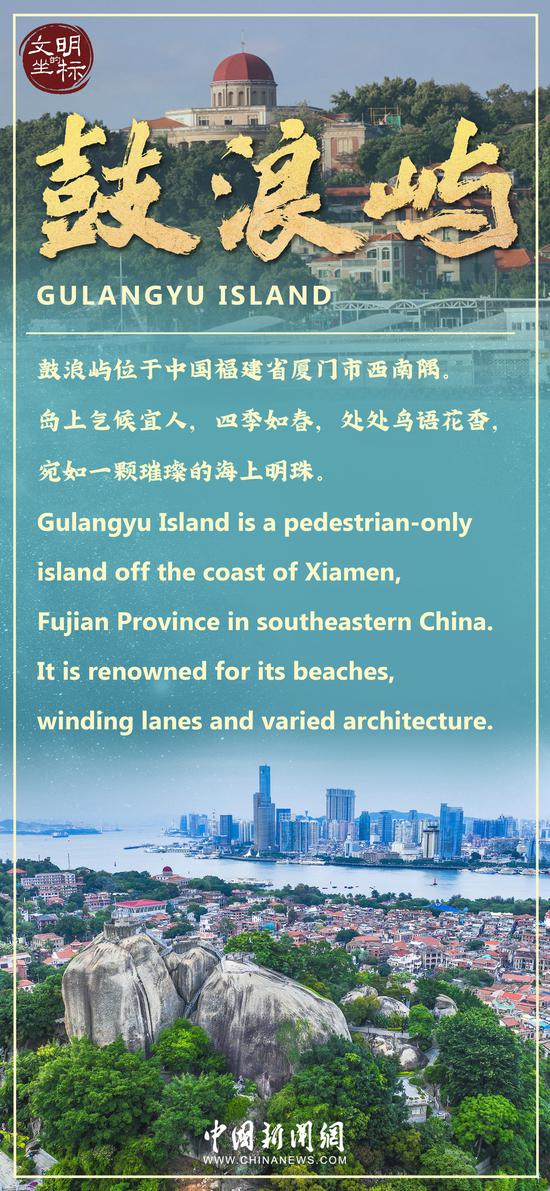
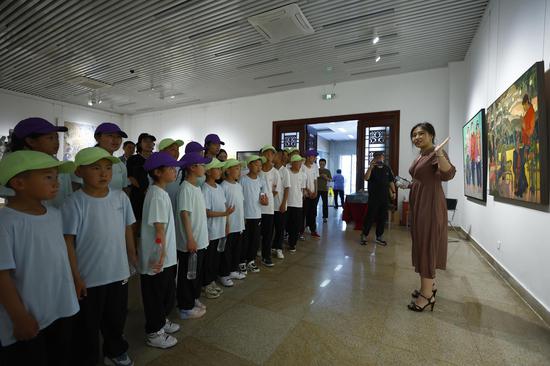


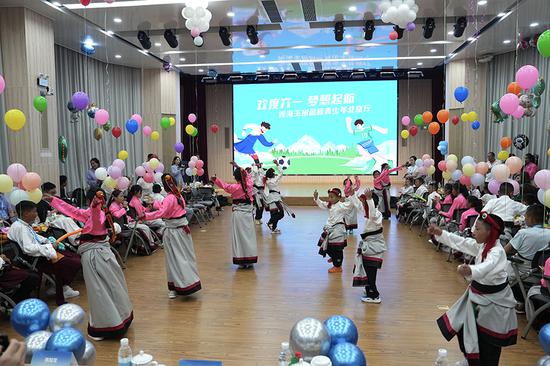
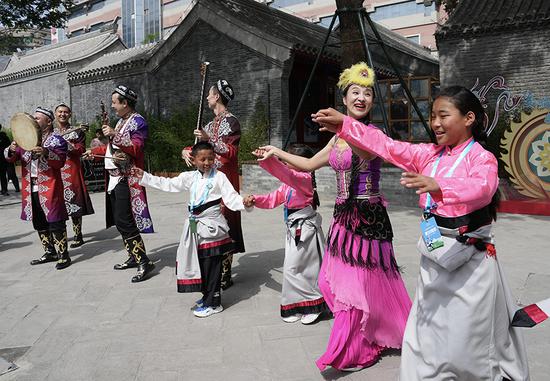
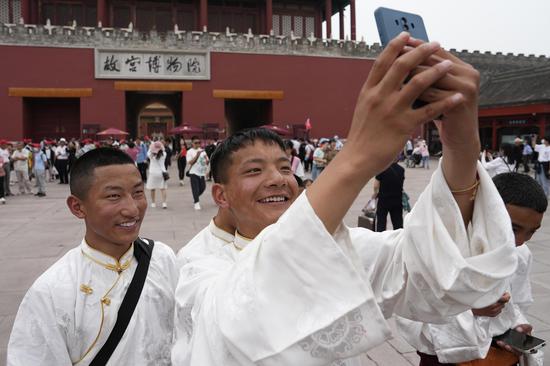
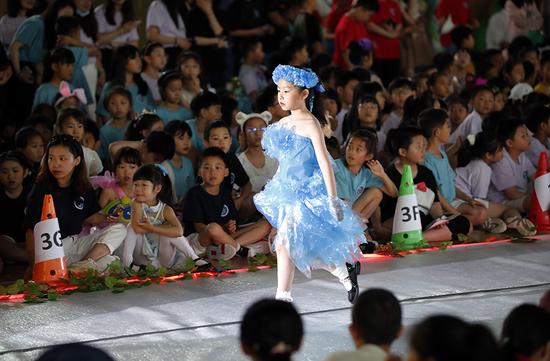
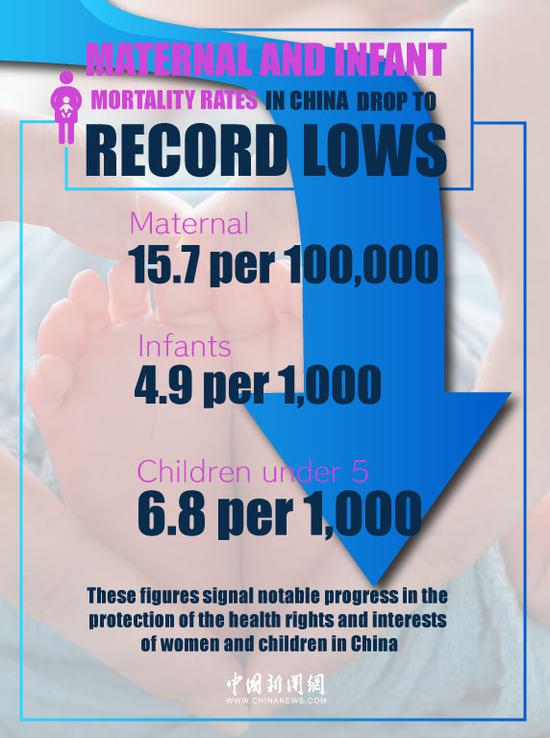

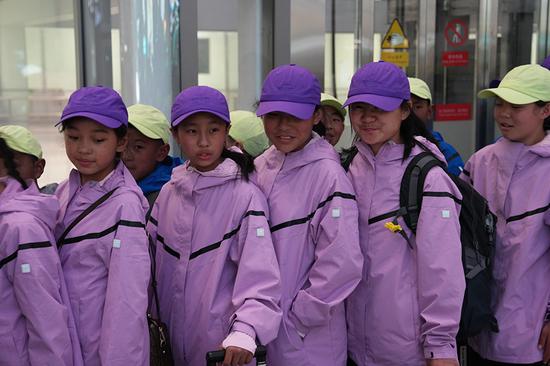
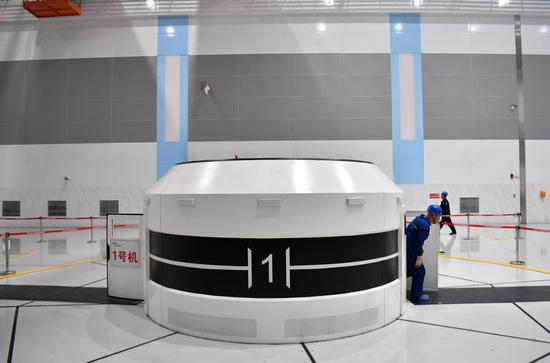
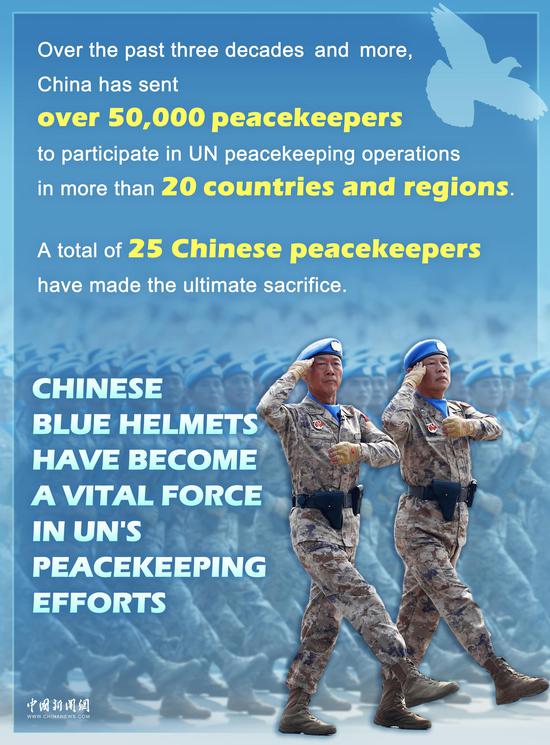
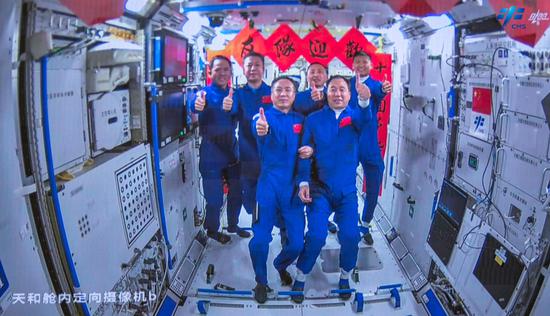
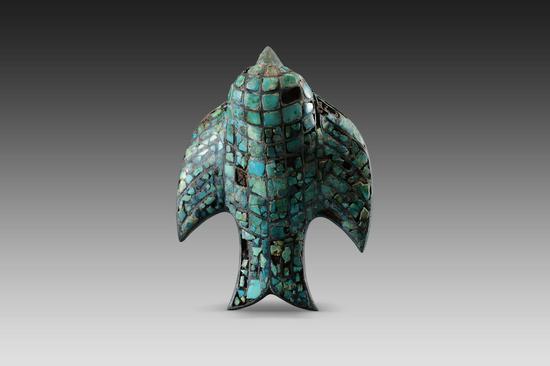
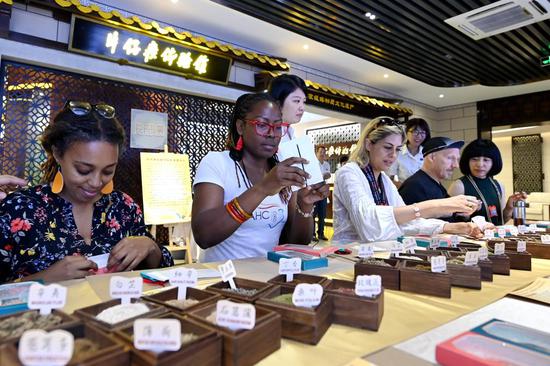
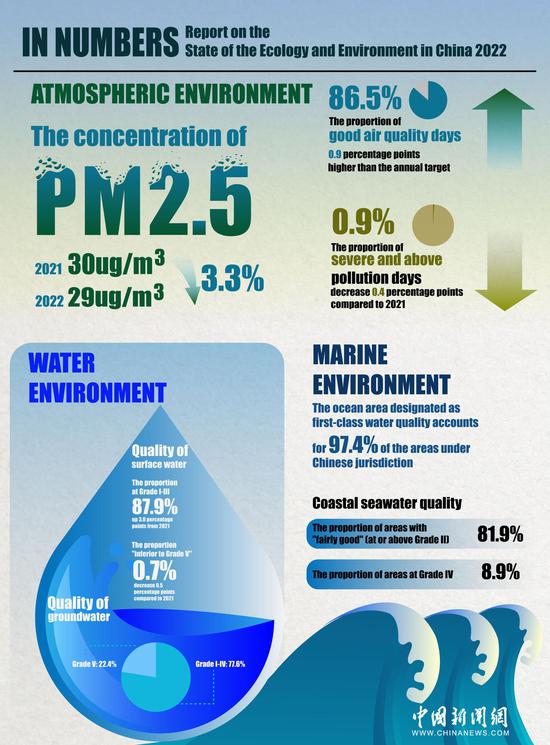





 京公网安备 11010202009201号
京公网安备 11010202009201号